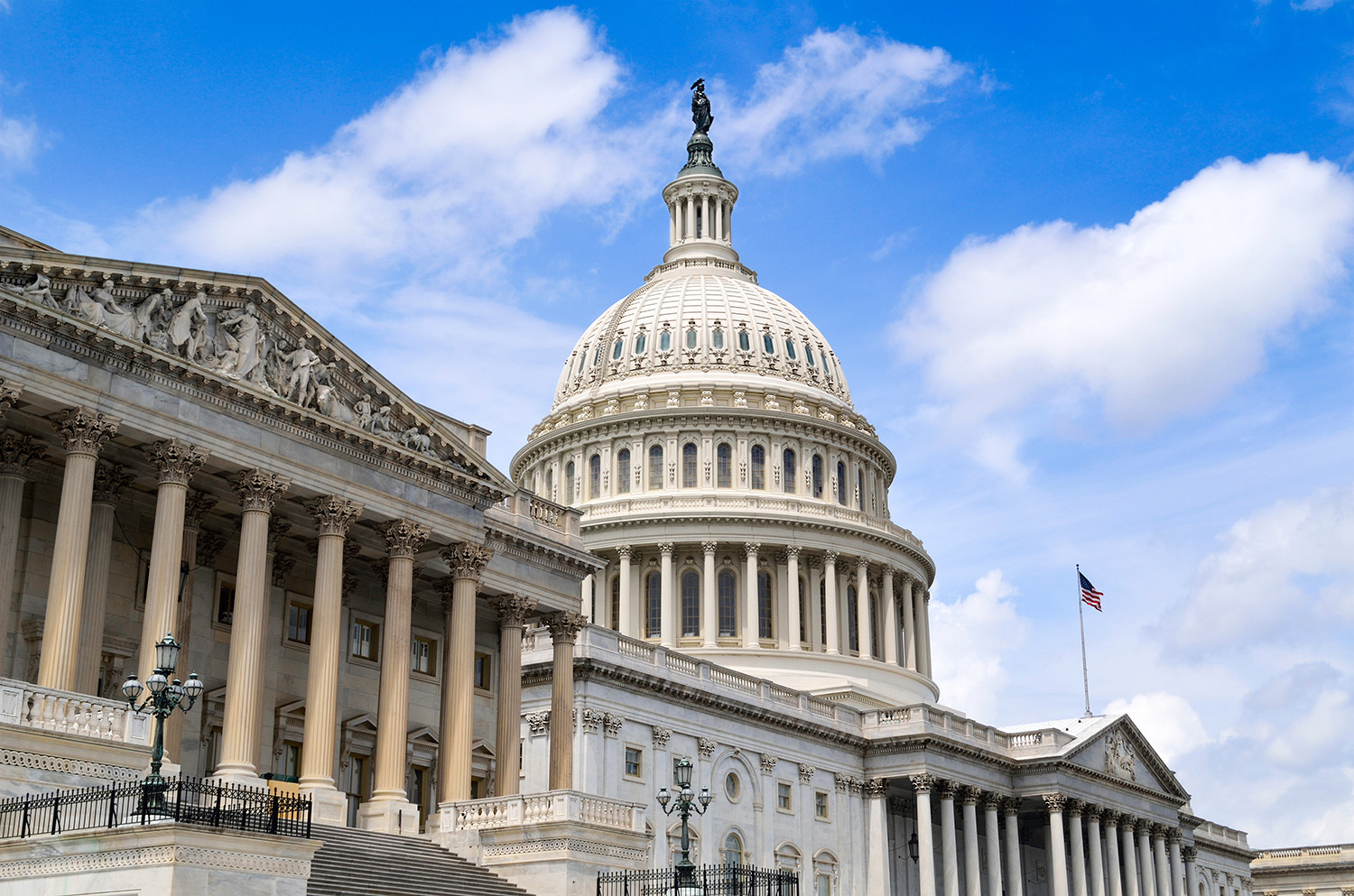Updates on Congressional Efforts to Lower the Costs of Prescription Drugs
12/18/2019
By Maddie Mason, Senior Associate, Policy
The 116th Congress has made lowering the costs of prescription drugs one of their top priorities in 2019, as the American public has consistently rated the price of prescription drugs as one of their top concerns. As such, there have been many Congressional efforts that have strived to find solutions to a multi-faceted and complicated issue. The two pieces of legislation receiving the most attention are the Prescription Drug Pricing Reduction Act (PDPRA) of 2019, also referred to as S. 2543, and the Lower Drug Costs Now Act, more commonly known as H.R. 3. The National Health Council (NHC) remains dedicated to working with Congress and the Administration to help find the best solutions for patients and their family caregivers.
PDPRA is the bipartisan legislation that was developed in the Senate Finance Committee by Chairman Chuck Grassley (R-IA) and his counterpart, ranking member Ron Wyden (D-OR). The legislation passed through Committee July 2019 with a 19-9 vote. This legislation is designed to tackle many of the issues associated with prescription drug pricing, including modifying the benefit design of Medicare Part D, which would incorporate an out-of-pocket (OOP) cap of $3,100 for patients reaching the catastrophic level. The NHC sent a letter of support to Senators Grassley and Wyden on OOP Costs for Medicare Part D. The current version also contains provisions that would allow beneficiaries to opt for a monthly out-of-pocket cap, a policy that the NHC strongly supports. Another key policy of PDPRA would require pharmaceutical manufacturers to pay a penalty if their prices rise faster than the rate of inflation, a provision that is supported by Democrats with split support among Republicans.
The Lower Drug Costs Now Act is the House version of drug pricing legislation, which is supported by House Democrats. This legislation passed through the House on December 12, largely along party lines, but is highly unlikely to make it through the Senate or receive support from the Administration. The Lower Drug Costs Now Act aims to give Medicare the authority to directly negotiate with drug companies, and these lower drug prices would not only be available to Medicare beneficiaries but also to Americans with private insurance if their company opted into the plan. The ceiling for the negotiated prices would be the average prices of the same drugs in different countries. Like PDPRA, this legislation makes changes to the benefit design of Medicare Part D and would impose an OOP cap of $2,000 and has a limited allowance for patients to spread their costs throughout the year. H.R. 3 also contains requirements for manufacturers to pay inflation rebates. The CBO expects the bill to save $500 billion, which would be invested in vision and dental care, the NIH, the FDA, and improving the low-income subsidy program. The legislation is, however, expected to reduce the number of treatments coming to market as well.
The House and Senate will have to find common ground to get drug pricing legislation to pass. Senate Republican Leader, Mitch McConnell (R-KY), is unlikely to introduce H.R. 3 to the Senate Floor, so Senate and House bipartisan leadership will have to work together, along with the Administration for drug pricing legislation to pass in this Congress. There are provisions in both pieces of legislation that have bipartisan support, so leadership has options for policies that can pass Congress and be signed into law. However, 2020 is an election year, which makes passing complex legislation a difficult task, especially controversial legislation.
The NHC remains dedicated to advocating for policies that will ensure that patients have access to affordable, sustainable, high-value health care. We appreciate the attentions members of Congress on both sides of the aisle and in both chambers have dedicated to this topic, as we too are concerned that many Medicare, Medicaid, and commercial insurance beneficiaries struggle to afford their medications. With all the impending drug pricing legislation, the NHC is particularly interested in the Part D redesign and an OOP cap, ensuring direct benefit to patients, and managing unintended consequences. For more information, check out our letter to Congressional Leaders Speaker Nancy Pelosi (D-CA), Leader McCarthy (R-CA), Leader Mitch McConnell (R-KY), and Leader Chuck Schumer (D-NY), on ways to reduce costs.
